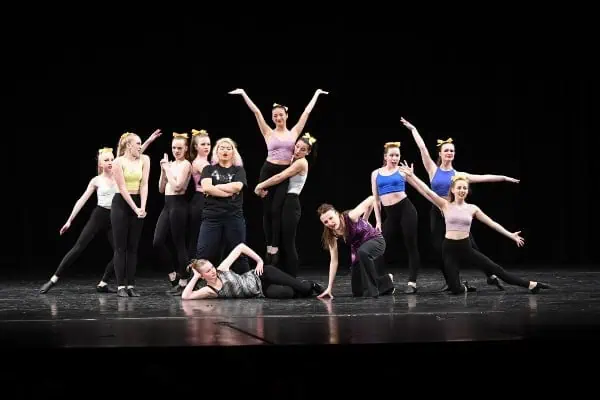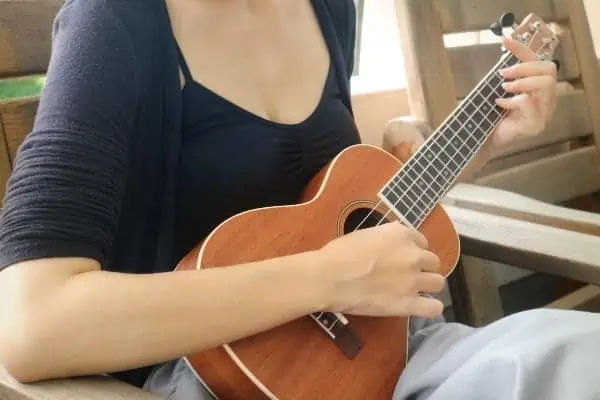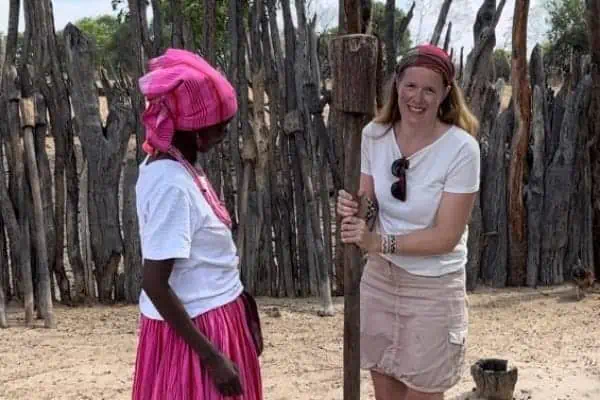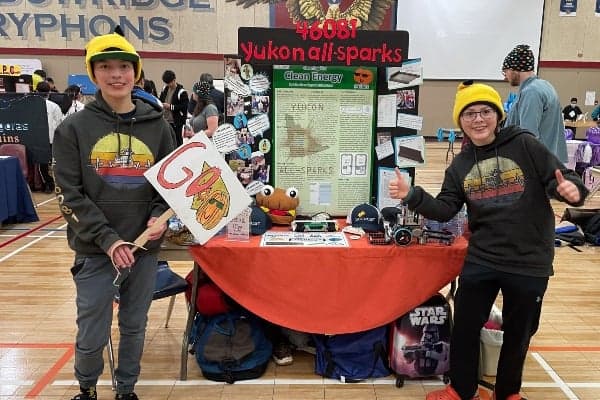Yukoners Rosemary Oslund (l), Paige Hopkins, Emily Turner-Davis and Geri-Lee Buyck are heading to the Kingdom of eSwatini for 18 days to tell stories of gender equality through photography and journalism
Winter had not yet fully set in in Whitehorse, but you wouldn’t know that on the grey and blustery day I met with four Yukon citizen journalists by the SS Klondike. Paige Hopkins, Emily Turner-Davis, Geri-Lee Buyck and Rosemary Oslund are bound for the Kingdom of eSwatini, a landlocked country entirely surrounded by South Africa. We were meeting to photograph their pre-trip selves and talk about their upcoming journey.
The four are part of a three-month citizen journalism program with the Northern Council for Global Cooperation (NCGC). Through writing, photography and audio their goal is to “tell powerful stories that challenge discrimination and oppression and raise awareness about the realities of gender inequality around the world.” The program began in Whitehorse in October and included workshops and assignments tailored to develop the necessary skills for work they will do while overseas. “The program will provide an opportunity for the participants to learn about gender equality through journalism and ethical storytelling” said Tracey Wallace, executive director.
Wallace has a long history working in eSwatini and she says that there is “a confluence of culture and gender equality in eSwatini. Culture is a big part of Swazi life. The participants have a task of telling a story in all its complexity.”
Brittney Potvin is the program manager with NCGC and she underscores that “this is not a journalism program, but a program to help participants gain skills to be more engaged citizens.”
During the Yukon-based portion of the training, the participants worked with professional journalists and photographers. During this process, all of the participants seeded story ideas in an area of interest that they would like to explore when they arrive in eSwatini. While there, they are paired with a local journalist who will help guide the process of story-gathering. Potvin will also provide necessary clarity for functioning as journalists in the country.
“The opportunity to go to Africa is amazing, and the opportunity to go the way that we are going is also amazing” said Turner-Davis. “It’s a cool opportunity to go with an organization that doesn’t feel exploitative. It doesn’t feel extractive at all, it just feels that the intention is to have people at the centre of their stories … the whole point for me is that I want to go where the story and the women lead us.”
For Oslund, the program really connects with her existing thinking about international development. “This program just struck on so many topics that are really interesting to me; gender, journalism, endogenous development, making sure we represent people’s voices accurately and authentically … the opportunity to go and actually speak to the women there and focus on that really struck me as very valuable.”
Hopkins would like to create a photo essay of mothers who “are not there anymore because of the HIV epidemic.” She has a vision of creating portraits of women with an item that reminds them of their own mothers. She is considering a multigenerational project that explores how the absence of mother has impacted the family, and is considering the question, “what is the impact on eSwatini society as a whole having a lack of maternal parental figures?”
For Buyck, connection to land and environment is very important. “I am very curious and passionate about climate change and how it impacts the land. I would like to explore how women and girls are impacted by climate change.”
The program continues after their return on Dec. 15. For the months of January and February, the participants will continue to develop their stories and work on pitches to have those stories published by various media across the country. What is certain, they will return with new and rich personal and professional experiences.




